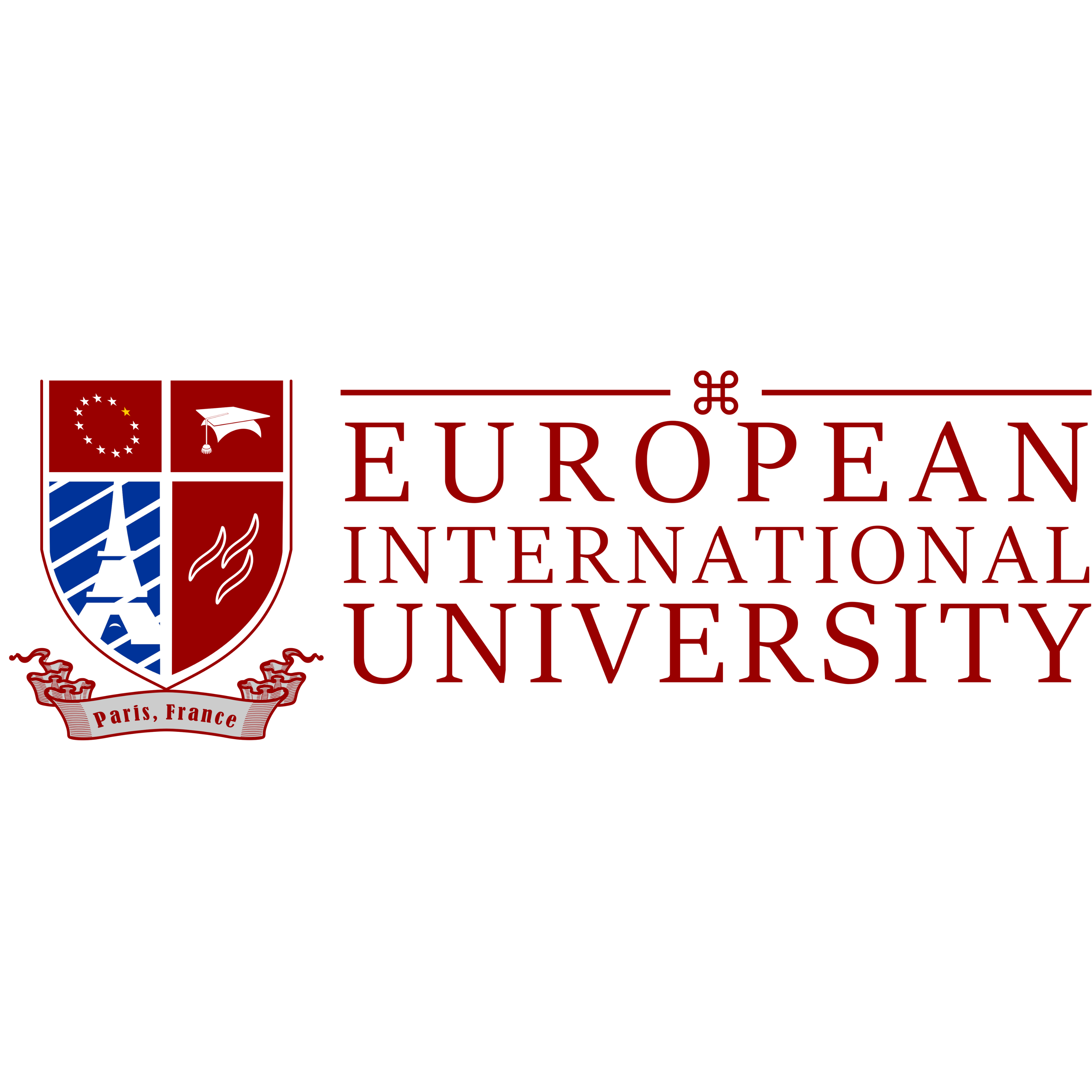
The Doctorate in Artificial Intelligence (PhD or equivalent) is a highly specialized research program designed to develop experts capable of pushing the boundaries of AI technology and its applications. This program involves rigorous study and original research in areas such as machine learning, neural networks, natural language processing, computer vision, robotics, and data science. Candidates are trained to design and implement intelligent systems that can mimic, augment, or surpass human cognitive functions.
Throughout the course, doctoral students work closely with faculty mentors and industry partners to address complex real-world challenges using AI techniques. They contribute novel algorithms, frameworks, and models that improve the efficiency, accuracy, and adaptability of AI-driven solutions. This research often intersects with ethics, human-computer interaction, and societal impact, highlighting the responsible use of AI.
Graduates of this doctorate program are prepared for advanced careers in academia as professors and researchers, as well as leadership roles in technology firms, research labs, and innovation-driven enterprises. Their expertise supports breakthroughs in sectors like healthcare, autonomous vehicles, finance, cybersecurity, and smart cities.
In addition to technical skills, students develop strong analytical thinking, programming proficiency, and project management abilities. A Doctorate in Artificial Intelligence represents a commitment to shaping the future of technology by creating intelligent systems that can revolutionize industries and improve lives worldwide.